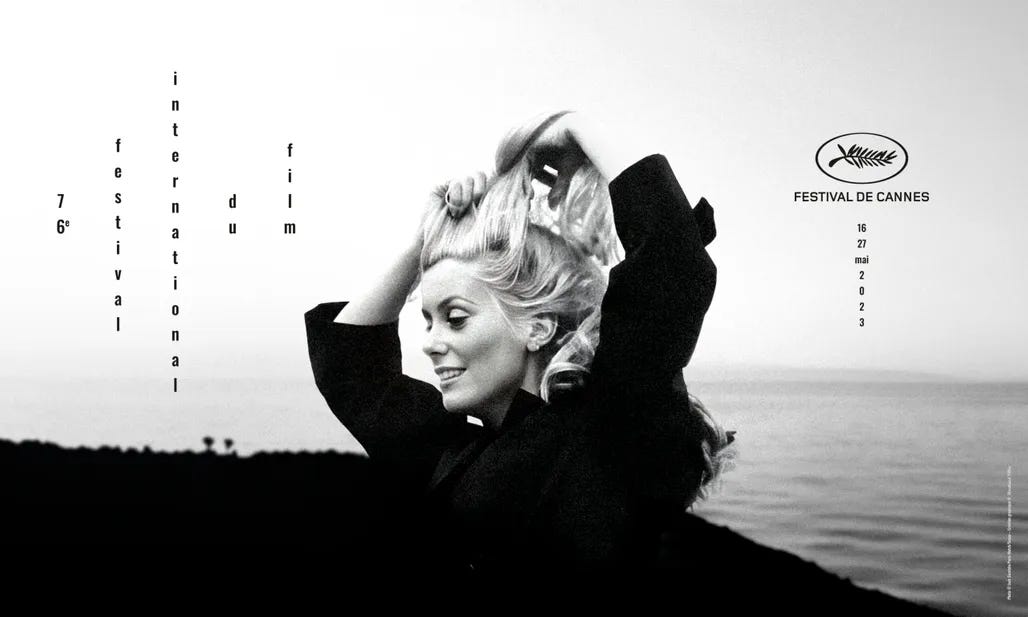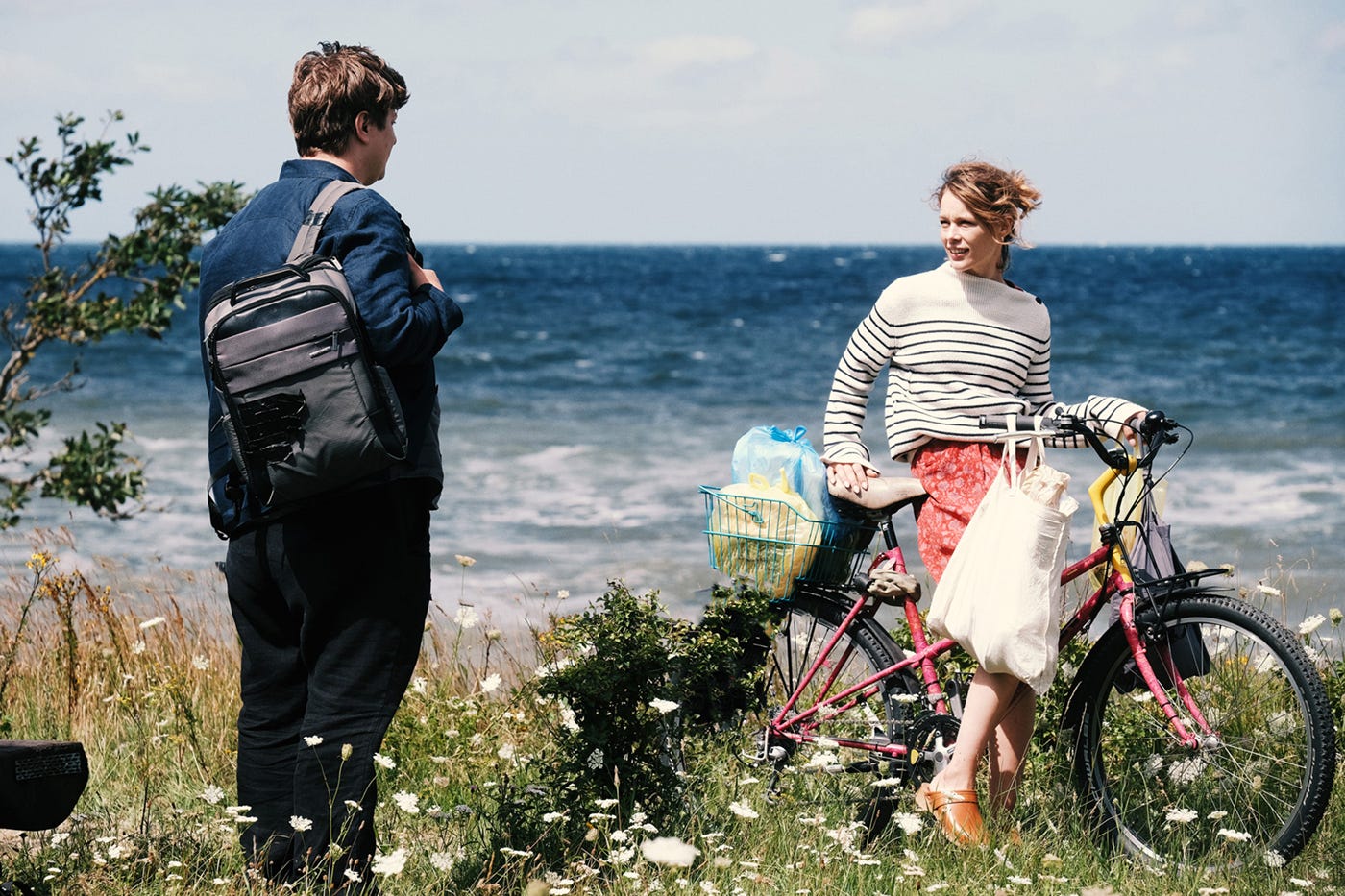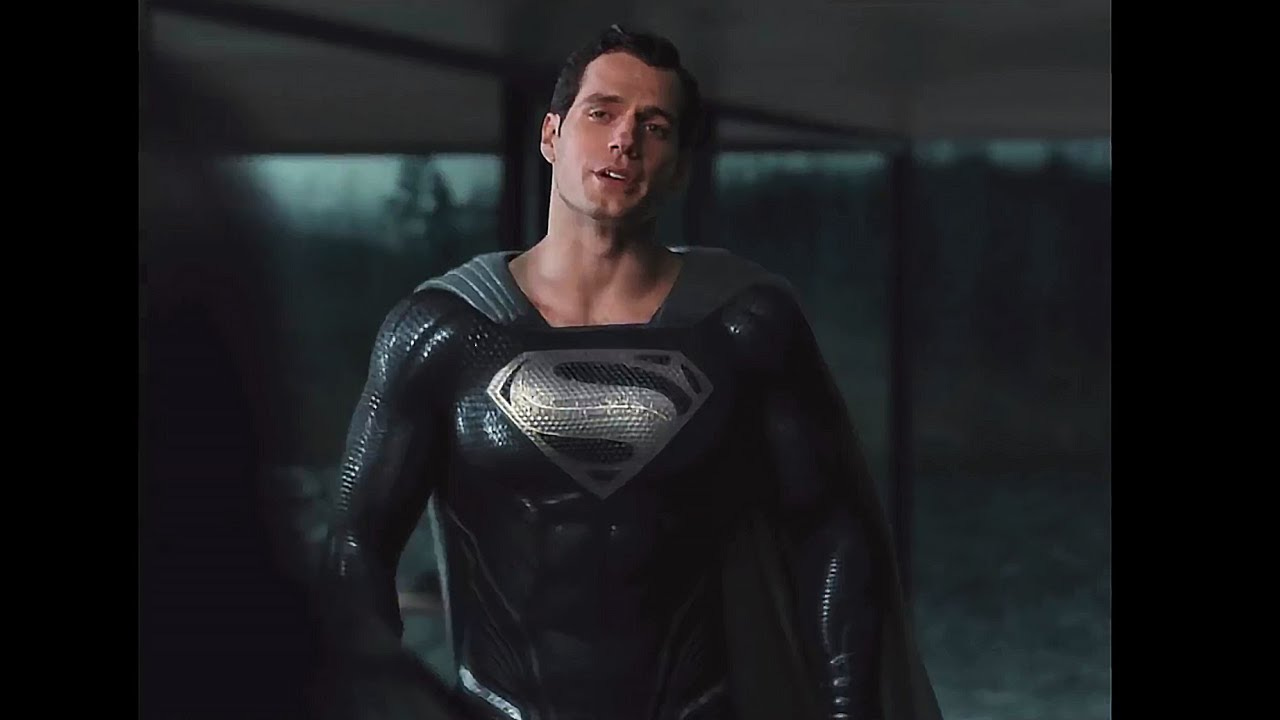Festival de Cannes et Le Ciel rouge, Weekly Reel #51
Another year, another declined press accreditation for Cannes. But who needs croissants and tuxedos when I have twitter, hot Cheetos, and borderless ennui?
News of the Week: this was going to be a normal post until I watched Beau is Afraid and realized that I need at least one more viewing to write a proper review. Instead, I go a little old school and discuss a current event with an essay commentary.
Watch Now
The Cannes Film Festival began this last week. It’ll premiere international heavyweights in competition for the Palme d’Or, lesser known auteurs looking for recognition in Un Certain Regard, Cannes Classics and restorations (including a new short film by Godard and a restored Le Mépris), Out of Competition films (Pixar’s Elemental and Scorsese’s Killers of the Flower Moon), and (so they could give Harrison Ford a lifetime honorary achievement award) the fifth Indian Jones.
Rather than pick a film of the week you should watch now, I recommend going through the Cannes program and checking out what interests you. As opposed to other festivals, these films will most likely be available in theaters within the year or on streaming. (If you have Mubi, they have over 120 films streaming from past Cannes festivals, including some of my personal favorites: Drive, The Umbrellas of Cherbourg, Fruitvale Station, Drive My Car, Basic Instinct, and Oslo, August 31st. For those of you not subscribed, Mubi has a free trial, I think. Also, I can refer you and we could both get a free month!)
What’s the Cannes Film Festival and why does it matter? The Cannes site itself released a nice overview of its history and the nine-year guerre to get it started. It began, as all European competitive events do, through war (please excuse their use of British English):
In July 1938, the Venice Mostra, the first international competition dedicated to the film world, saw the major pre-war film-producing countries gather together for the sixth time. France was represented with a series of films, and on the jury by the diplomat Philippe Erlanger.
On the day of the Awards ceremony, the jury was unanimous. An American film had captured their hearts, but under pressure from Hitler the Nazi propaganda film Olympia by Leni Riefenstahl and the Italian film Luciano Serra, Pilot by Goffredo Alessandrini reaped the ultimate accolade, named the Mussolini Cup. The decision provoked outrage among the members representing democratic countries and France, the United States and Great Britain left the Mostra, vowing not to return.
During his train journey back to France, Philippe Erlanger, thought of setting up an event to replace the Mostra and offer the world a festival that was free of pressure and constraints. On his return, he contacted the authorities. There was no time to waste – a rival French festival was required before the next Venice competition came around.
Although France and the United States of America had a fraught postwar history regarding international film distribution, Cannes was very much an anti-fascist trans-Atlantic celebration since its inaugural years. It’s therefore no surprise the two countries dominated the mid-century film world with their continual collaborations and influences fostered by competition and international relations. (After all, France is the oldest ally of the USA.)
The first Festival of 1939 was initially scheduled to take place from 1 to 20 September 1939 in the hall of the Municipal Casino, under the honorary presidency of the father of cinematography, Louis Lumière. An organising committee was set up to manage the event, headed by Georges Huisman, president of the State Secretariat for the Fine Arts.
The emphasis was on the universal spirit of the event: each country would choose its own films to present in Competition, the jury would represent all the participants and all the nations in attendance would receive a Grand Prix, in the spirit of artistic objectivity and absolute impartiality. So as to avoid any further tensions, France invited all film-producing countries, including Germany and Italy. However, in the context of the political crisis that marked the summer of 1939, the two fascist powers declined the invitation and ultimately only nine nations lined up to take part in the first ever Festival, although these included the most powerful countries in the entire film industry.
In August, despite the international tensions, everything was in place for the opening. Local artist Jean-Gabriel Domergue created a first official poster in the form of an ‘Invitation to travel,’ two thousand invitations were sent out, and a transatlantic liner rented by Metro Goldwyn Mayer (MGM) docked in the Bay of Cannes, with passengers including the American stars Tyrone Power, Gary Cooper, Douglas Fairbanks, George Raft, Paul Muni, Norma Shearer and Mae West on board. These distinguished first festival-goers revelled in a heady atmosphere of luxury and glorious sunshine.
And yet the 1939 event would never take place. On 23rd August, as a stupefied world learned of the German-Soviet Pact, most of the tourists fled Cannes. Despite the gravity of the situation, the Festival committee organised a private screening of the only film to feature in the festival, the first ever film in Competition, The Hunchback of Notre-Dame by William Dieterle.
A nice little piece of trivia to know: What’s the first and only film to premiere in competition at the “first” Cannes Film Festival?
The day on which the Festival was to be inaugurated, 1st September, Germany invaded Poland. The opening was postponed by ten days but this decision was soon overtaken by events. War was declared on 3rd September and a general mobilisation got underway. The Festival selection, which never even got off the ground, included films as illustrious as The Wizard of Oz by Victor Fleming, Only Angels Have Wings by Howard Hawks, Union Pacific by Cecil B. DeMille for the United States and Lenin in October by Mikhaïl Romm for the USSR, The Four Feathers by Zoltan Korda for Great Britain, La Loi du Nord by Jacques Feyder, L’Enfer des anges by Christian-Jaque and Julien Duvivier’s La Charrette fantôme for France.
We were unfortunately robbed of a pre-war Cannes, which would've featured some of the best films from Hollywood’s studio Golden Age and France’s poetic realism of the nineteen-thirties.
In early 1940, despite the declaration of war and national mobilisation, the Cannes authorities, led by Philippe Erlanger, tried to keep the Festival project alive. On the diplomatic front, France first set out to obtain the agreement of Italy, whose position in the conflict was not yet official. To everyone’s surprise, Mussolini accepted, on condition that the French competition did not coincide with the Mostra.
However, it was not to be. On 10 June, the Duce declared war on France and Great Britain, thus postponing ad infinitum an event whose organisation was already severely beset by logistical problems created by the war: a lack of appropriations, disorganised supplies, a shortage of film equipment, and transport conditions that discouraged French and foreign stars from travelling, not to mention the requisition of the Municipal Casino by the army…
It was not until 1946, with post-war France in a benighted state, that the International Film Festival, initially launched nine years earlier by Philippe Erlanger, finally took place for the first time, beginning on 20 September.
As you can keep reading, the festival greatly benefitted from the infusion of celebrities from Western Europe and the USA for its glamorous reputation. As it alludes to only briefly, the most interesting Cannes was probably the 1968 iteration, which featured Godard, Truffaut, and others bringing the festival to a halt in support of the nationwide student protests.
Although the French like to remain outwardly hostile towards American cultural exports (aka soft propaganda, and rightly so), Cannes will always recognize the important of American cinema on the festival and French cinema, whether through collaboration or opposition.
Save for Later
Afire (Roter Himmel, 2023, Christian Petzold, Germany) is the second film in Petzold’s elemental tetralogy, following 2020’s Undine. Using fire as the overt Metaphor of its plot and story, the film literally develops like a slow burn; one that engulfs our protagonist, Leon (Thomas Schubert, aka kraut David Sims) and reveals the more disastrous effects of engulfing oneself, in oneself, itself. The fire may seem far off, the winds may blow in the opposite direction, but letting it grow and fester on dead brush in the summer heat turns it into an unstoppable tragedy.
Leon, a writer close to finishing a manuscript he knows isn’t great, goes to a seaside town on the Baltic coast in Eastern Germany with his friend, Felix (Langston Uibel). Also staying at the house they’re visiting, which Felix’s family owns, is the niece of a friend of Felix’s aunt, Nadja (Petzold regular Paula Beer), an unwelcome surprise that unsettles the already stressed out Leon. Nadja appears like a phantom (similar to her character Transit) for the first few days, leaving for work early in the morning and keeping up Leon at night when she and her friend David (Enno Trebs) tests the bed’s integrity and thinness of the walls. Leon can’t settle in properly. He prefers sitting in the garden and staring at his manuscript when not acquiescing to Felix’s demands for going to the beach together (but even there he sits in full black long sleeves like a hit potato Berliner), who’s working on his own art school application portfolio. Felix, the temperamental opposite of Leon, becomes fast friends with Nadja and David, which further disturbs Leon, who only ever becomes an ever-tightening wad.
In the first act, the dialogue is slow and dry, creating a humor of subtle reactions as Leon continues to find more things to complain about (their car breaks down in the first scene then find an unknown person staying the house, taking the bigger room), especially in opposition to Felix. Leon develops a love-hate infatuation with Nadja, who, more like Felix, and David, is carefree. While Leon stews in his writer’s block, Felix befriends the friends with benefits but then quickly develops a romantic relationship with David, which, unexpectedly, in Leon’s eyes, frees her up. But even this comes as an unpleasant surprise, who’s too in his head to understand anything going on around him.
(Slight spoilers from Act 2/3 in this paragraph) The feeling I got during the film was one analogous to the framing device of “That ‘70s Show,” which is Eric’s externalization of all the high school clichés and characters: the romantic interest, the cool best friend, the hot dumb tall guy and his female counterpart, the foreigner, the displeased father and loving (but neurotic?) mother. This becomes more apparent later in Afire when Leon’s publisher Helmut (Matthias Brandt) visits, of course, according to the plot demands of escalating tension, for a shorter time than planned, unsettling Leon further…, where all of Leon’s anxieties about the other characters, as well as his own talents as a writer, comes to a head. Felix’s half-sun-baked portfolio receives praise from Helmut (as opposed to Helmut’s dismissal of Leon’s manuscript), Nadja reveals her literary interests (which Leon never cared to ask about, even after having her read his manuscript) and recites poetry with Helmut at dinner in front of a visibly disgruntled Leon (who has a similar reaction at the same table days before when David seduces Felix through a ridiculous kiss-ploy story), and Leon takes the subservient position of butler between Helmut and the others. Like Eric’s anxieties of navigating high school, Leon finds himself at the center of his own worst neurotic moments with his own romantic interest, cool best friend, hot dumb tall guy, and displeased authority figure.
These angsts of Leon are externalized to the point that Leon himself isn’t aware of how consumed he is by these characterizations that are seemingly conspiring against him. All the while, a fire is gathering in the distance and Leon ignores it to the best of his abilities, preferring to navigate the microcosm of his own daily disparities. By the climax, the story becomes a cautionary tale about how getting lost in oneself razes the psyche at the detriment of those around you. It may seem like a faraway problem that can be kept at bay, that the winds are blowing in the opposite direction and it’s not here yet, but that’s how it grows into a fire unable to be extinguished without charring others, before it’s too late.
Afire won the Silver Bear Grand Jury Prize at Berlinale 2023 and is currently playing in theaters.
Pass
Zack Snyder’s Justice League (2021, Zack Snyder, USA) isn’t bad.
Thank you once again for checking out my Substack. Hit the like button and use the share button to share this across social media. And don’t forget to subscribe if you haven’t already done so.






